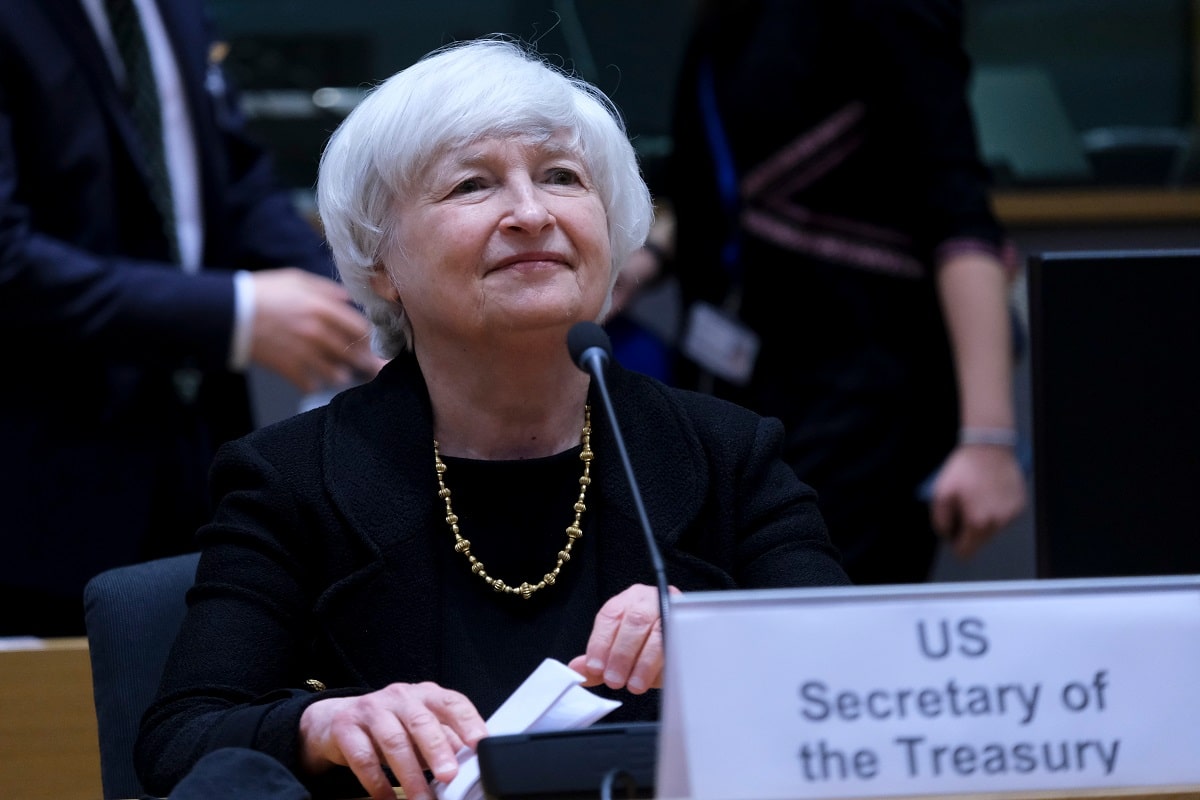During a recent trip to China, Janet Yellen confirmed that the U.S. would protect its own industry from a flood of Chinese imports.
Washington Says No to Manufacturing Flood

While visiting government officials in China on Monday, U.S. Treasury Secretary Janet Yellen told Beijing that the U.S. would not allow Chinese imports to decimate domestic jobs in new industries.
“We’ve Seen This Before”
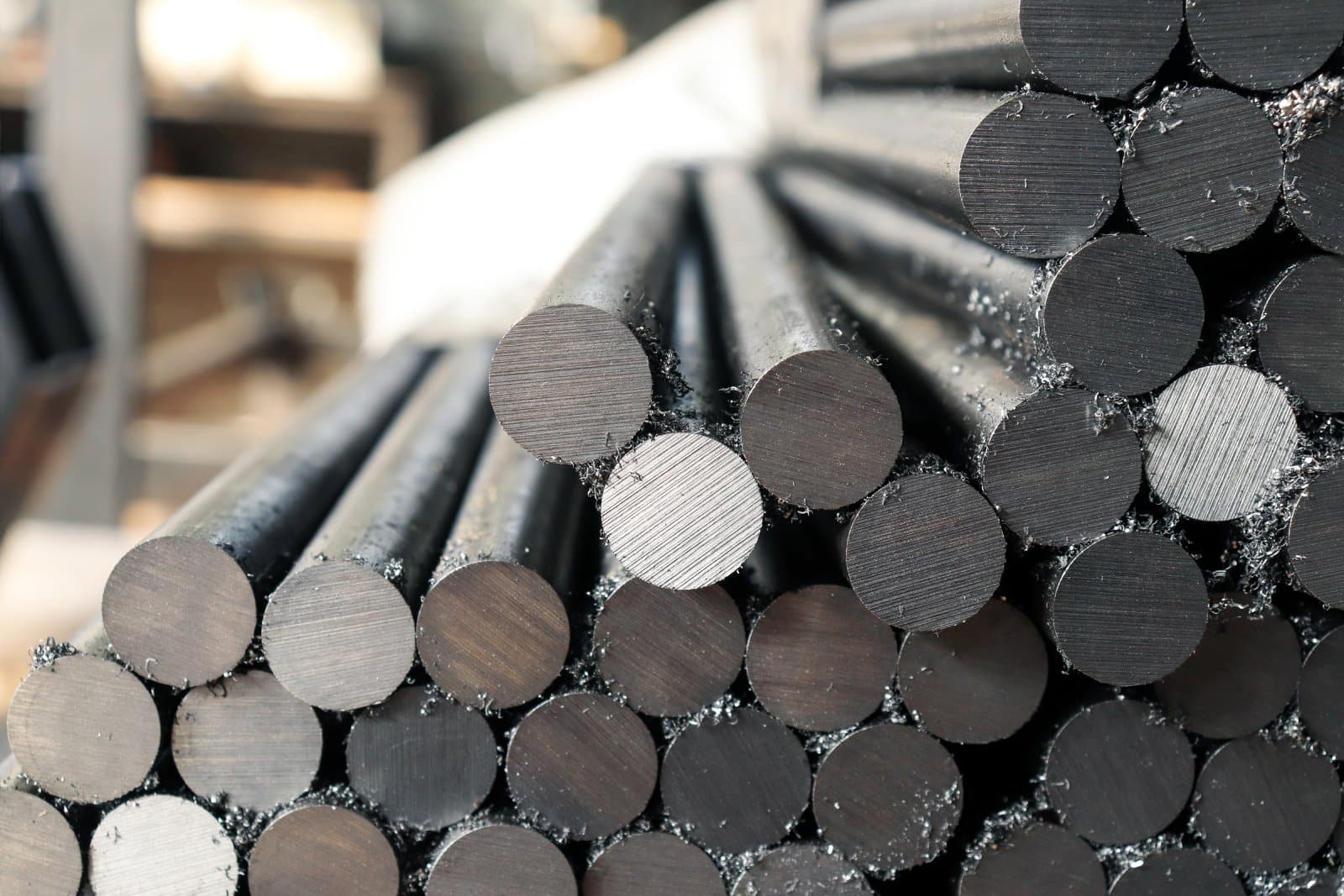
“We’ve seen this story before,” Yellen declared, referring to the “China shock” that occurred in the early 2000s when cheaper Chinese steel flooded the global market.
Millions of U.S. Jobs Lost

The flood of Chinese steel was a point of action by Beijing and led to millions of job losses in the US steel manufacturing industry.
Decimating Industries Globally

“Over a decade ago, massive PRC government support led to below-cost Chinese steel that flooded the global market and decimated industries across the world and in the United States,” Yellen continued.
President Biden Won’t Accept It
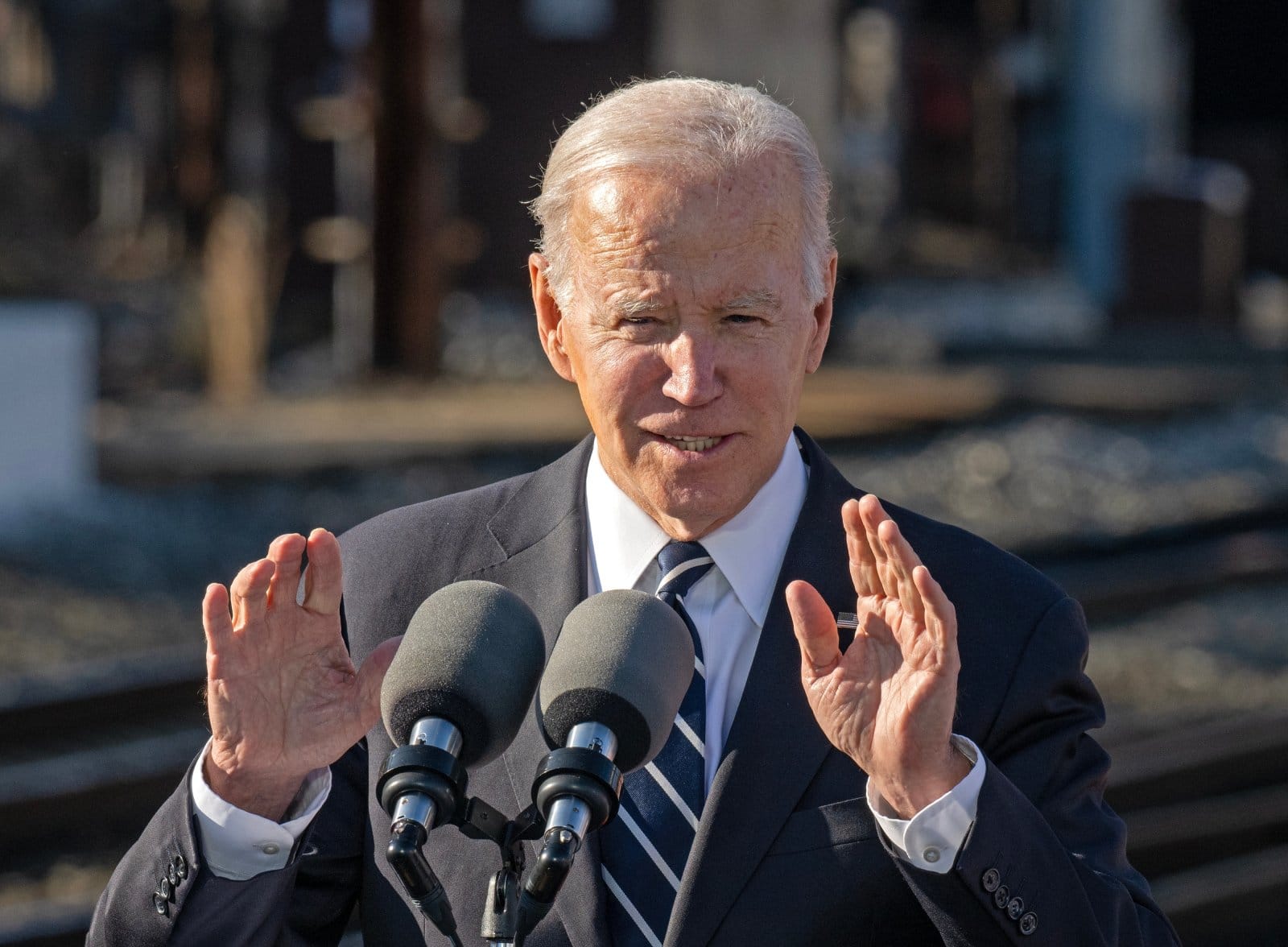
“I’ve made clear that President Biden and I will not accept that reality again,” she said. The declaration came at the end of her four-day visit to the Chinese capital.
Applying Pressure on Beijing

The purpose of the conversations – the latest in a series of talks between the world’s leading economic superpowers – was to apply pressure on Beijing to limit its global industrial production.
Threatening Foreign Viability
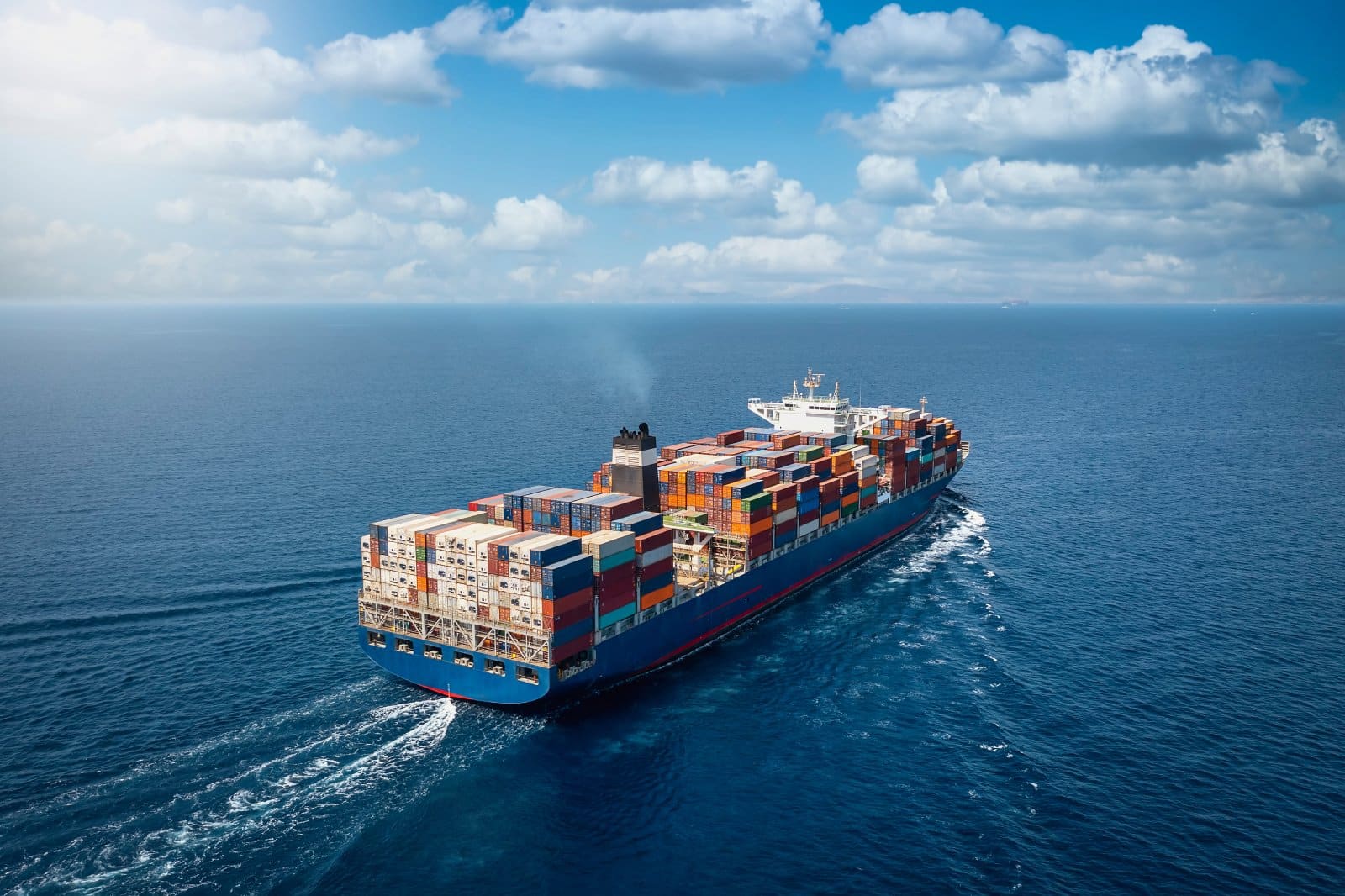
Yellen argued that by allowing China’s cheaply produced exports into the global market unchecked, as well as continuing its overinvestment in manufacturing, Beijing would be threatening the “viability of American and other foreign firms” in global markets.
“Too Large for the Rest of the World”

“China is now simply too large for the rest of the world to absorb this enormous capacity,” she continued.
The Big Three

There was a particular focus on China’s massive advantage in three of the fastest-growing global industries: solar power, electric vehicles, and lithium-ion batteries.
China Should Boost Demand

She encouraged Beijing to remedy the situation by boosting demand, which would cause a “larger share of GDP accrue to households to bolster their income and/or to, for example, bolster retirement security, the ability to afford education for one’s children and so forth, which are motives for very high saving.”
No Threat of Tariffs
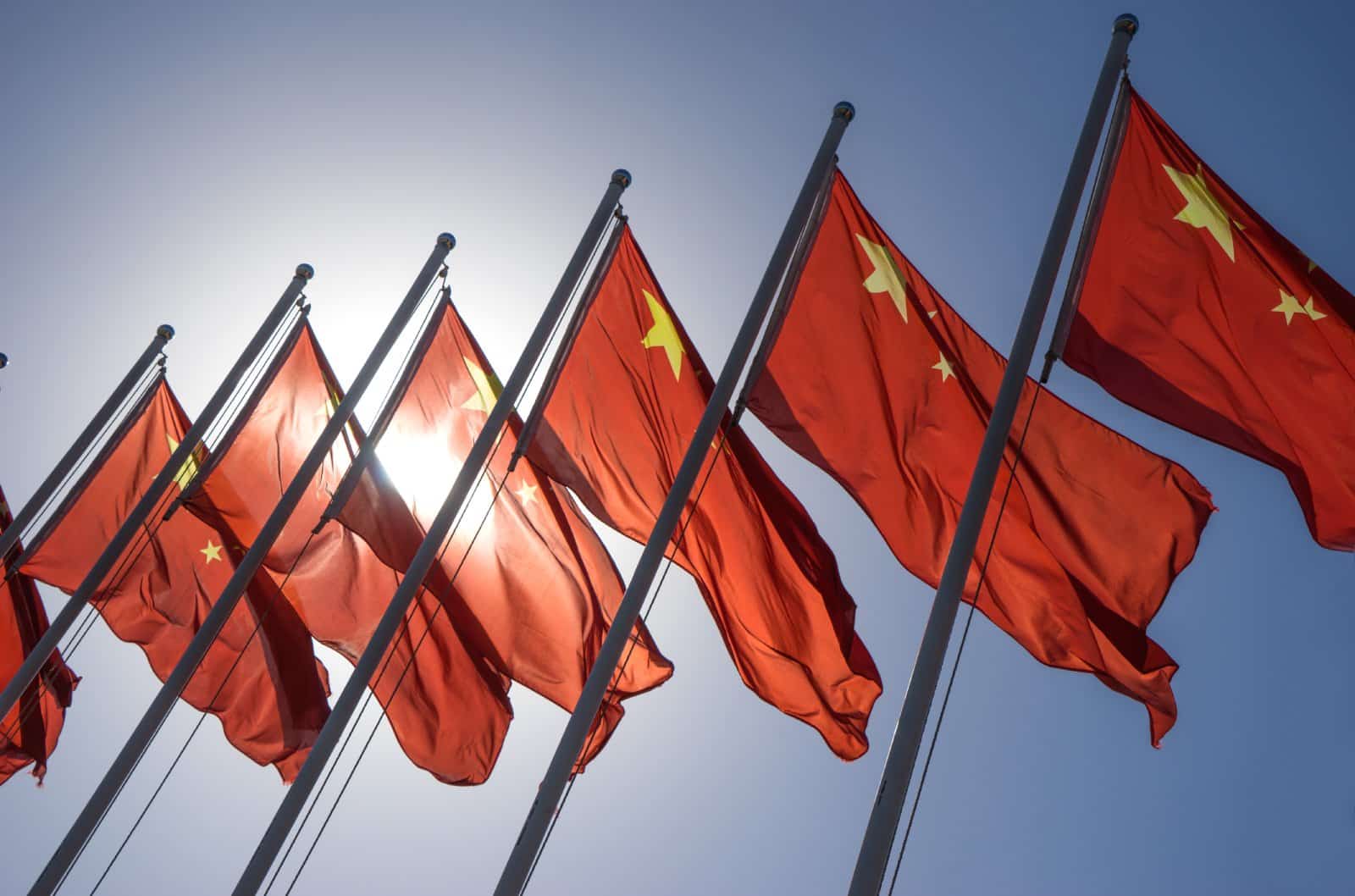
Despite these serious concerns, Yellen did not threaten to establish any new tariffs against China should the government fail to address these issues.
Confirmed by Vice Premier

The Treasury Secretary returned to Washington with the certainty that more discussions on these macroeconomic concerns would take place, as confirmed by Chinese Vice Premier He Lifeng.
Other Nations Agree

Washington is far from the only foreign power to express concern over China’s overcapacity in these industries. Yellen said that Japan, Mexico, the Philippines, and various Western-allied European nations had expressed similar concerns.
Vice Finance Minister Stands Up

China’s vice finance minister, Liao Min, took to Chinese media to address and push back against the concerns raised by Yellen.
Competitive Advantages
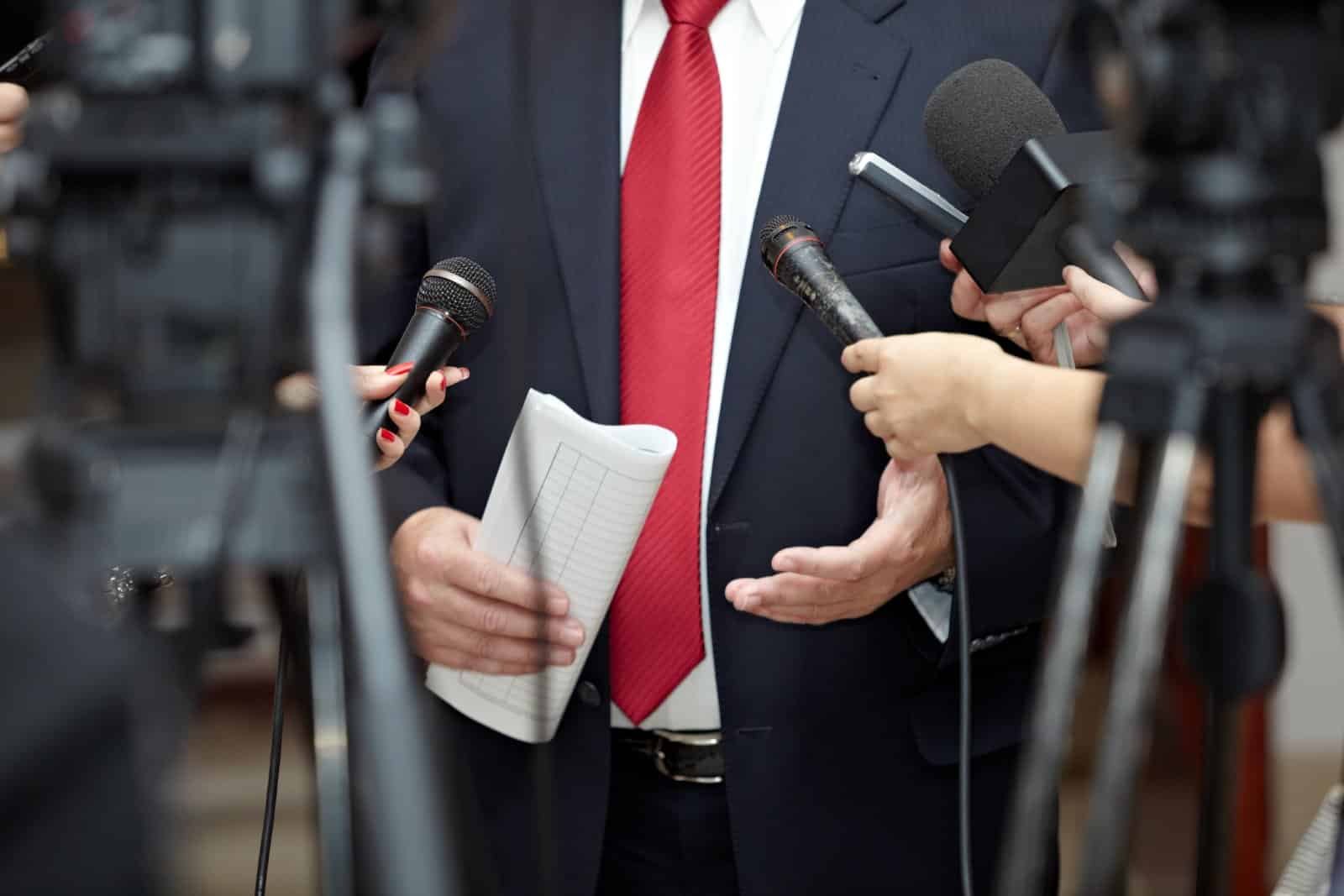
“Current competitive advantages are rooted in China’s large-scale market, complete industrial system, and abundant human resources,” he stated, claiming that Washington and other foreign powers overestimated Beijing’s influence on industrial growth.
No Anti-Chinese Sentiments

While some have raised concerns that the recent talks and the push from Yellen could be the result of ‘anti-China’ sentiments, Yellen stated that the “concern about overcapacity is not animated by anti-China sentiment or a desire to decouple.”
Other Subjects Arise

But industrial overcapacity was not the only issue raised during the Treasury Secretary’s talks with Premier Li Qiang and Finance Minister Lan Foan, among other high-ranking officials.
China Supporting Russian Military?
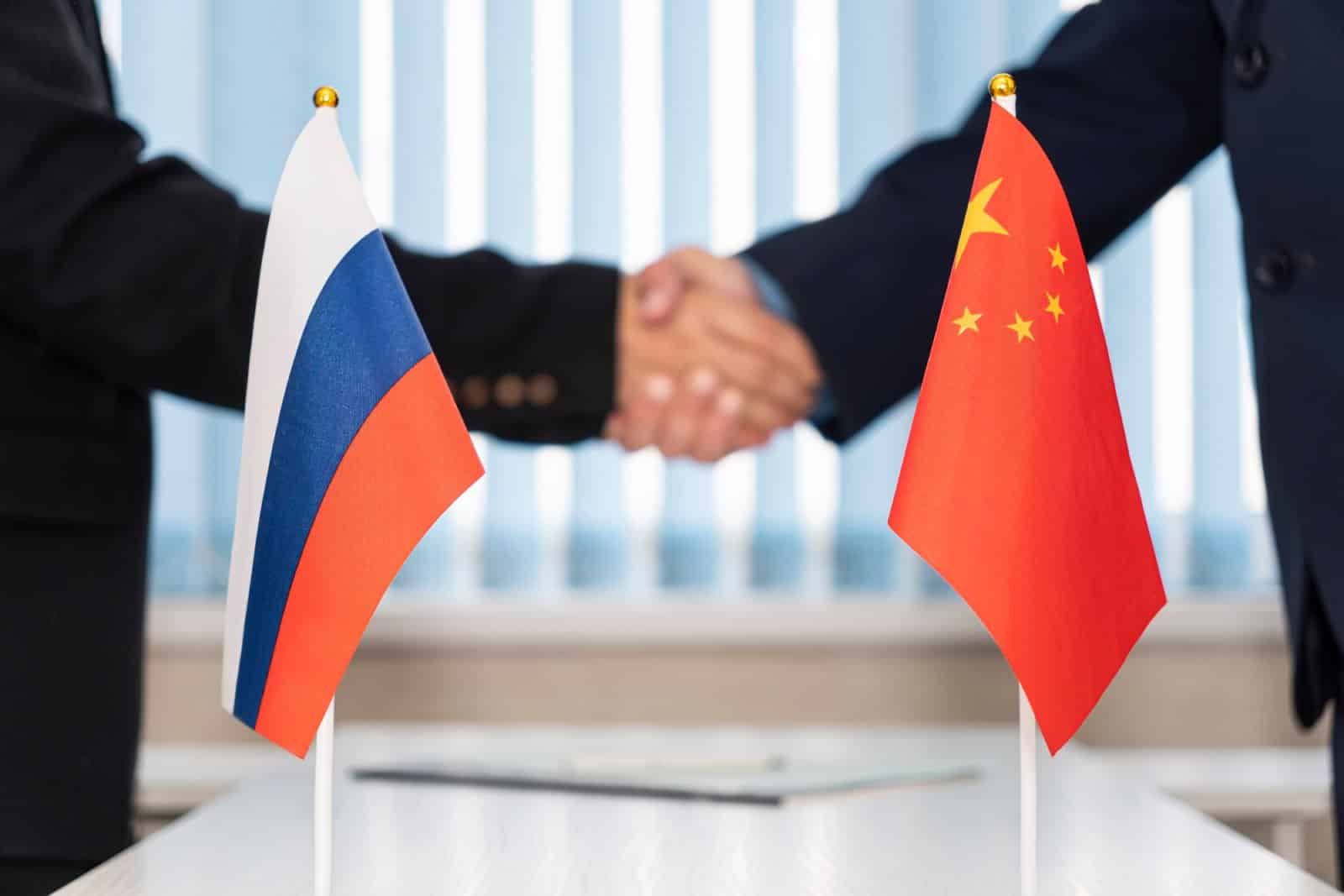
She also broached the topic of China’s potential support of Russia’s military via Chinese firms as Vladimir Putin and the Russian army continue the advancement into Ukraine.
“Determined to Do All That We Can”
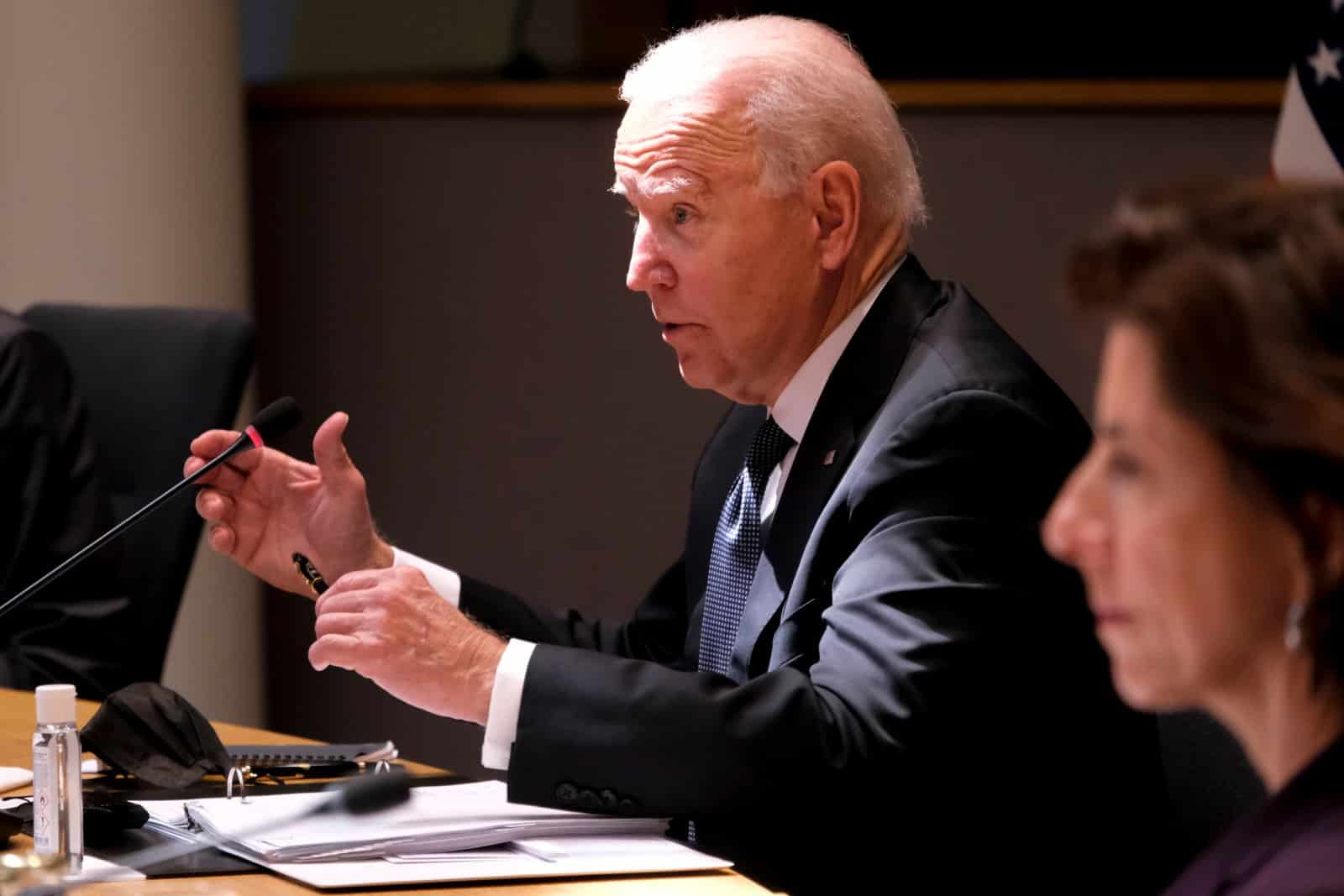
“President Biden and I are determined to do all that we can to stem the flow of material that is supporting Russia’s defense industrial base and helping it to wage war against Ukraine,” she said.
Significant Consequences

She later told CNBC that while Washington would not protest against a friendship between China and Russia, state support for their military would incur “significant consequences.”
A spokesperson for China’s foreign ministry denied that Beijing had any interest in benefiting from the Russia-Ukraine War.
The post Janet Yellen Warns China: U.S. Won’t Let Imports Destroy Jobs first appeared on Wealthy Living.
Featured Image Credit: Shutterstock / Alexandros Michailidis.
The content of this article is for informational purposes only and does not constitute or replace professional financial advice.

